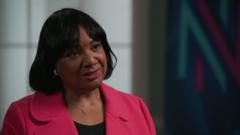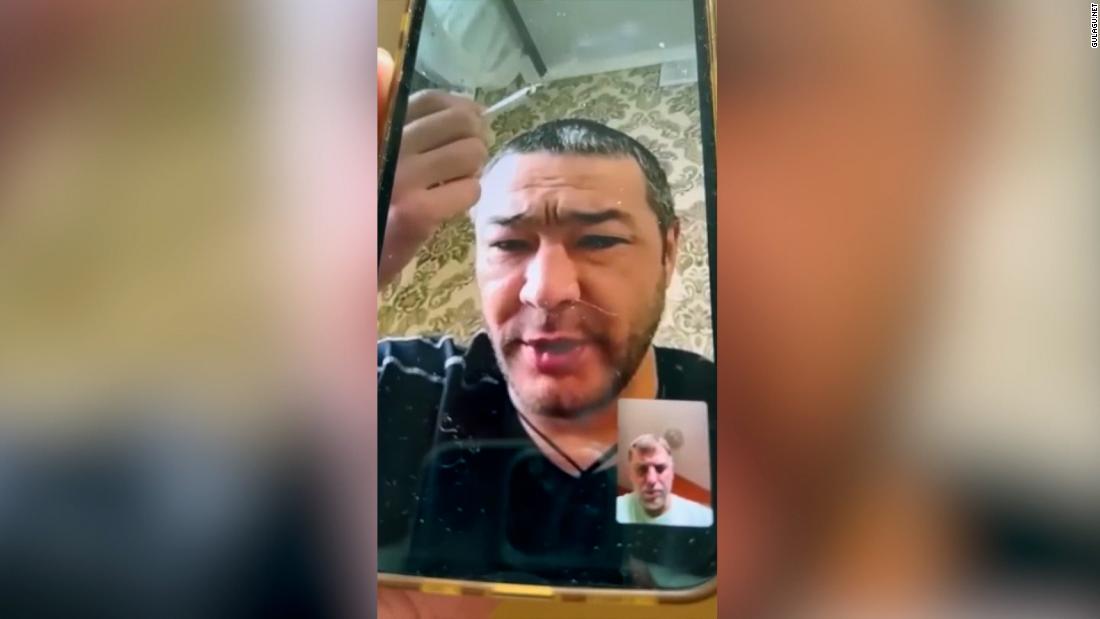Mexican President Claudia Sheinbaum was sworn in at a joint session of the country’s Congress on Tuesday, becoming North America’s first female head of state.
Sheinbaum took the reins from former President Andrés Manuel López Obrador, a firebrand who overhauled Mexico’s political system during his five years and ten months in office.
López Obrador was widely seen as favoring Sheinbaum, his political mentee, in both the Morena party’s primary and the general election against an opposition coalition in June.
Sheinbaum won that election with nearly 60 percent of the vote, to 27 percent for opposition candidate Xóchitl Gálvez.
Mexico was all but guaranteed to elect a woman to its highest office from the moment Morena and the opposition alliance chose their candidates. But gender and background — Sheinbaum is Jewish, Gálvez is of indigenous descent — were not top issues in the election.
The election pivoted around López Obrador and his reengineering of political power, a party-centered model praised by its proponents as a more inclusive democracy and reviled by opponents as a descent into illiberal governance.
Sheinbaum, whose sober demeanor contrasts with López Obrador’s dramatic flair, was careful to show no daylight between her and her mentor.
She led her remarks Tuesday with praise for López Obrador, who she called the “most important political leader and social fighter in modern history.”
In his final daily morning press conference on Monday, he had praised her for her loyalty.
“On a personal level, I’m very satisfied with how the [incoming] president treated me, which shows her great human quality, because any other gauche person, man or woman, the first thing they would have done would be to deny me,” he said.
In his final month in office, López Obrador pushed through a series of constitutional reforms that left a helpless opposition in a frenzy.
The reforms, pushed through with a constitutional supermajority in the incoming Congress that the opposition did not recognize, made sweeping changes to the judiciary and handed control of the country’s National Guard, a militarized federal police force, to the military.
Through López Obrador’s tumultuous last month in office, Sheinbaum remained shoulder-to-shoulder with the outgoing president.
Those reforms add to questions about her early presidency, as the country moves to rebuild its judiciary under the new constitutional regulations.
Sheinbaum also inherits a country with a substantial government deficit and relentless violence related to organized crime, two challenges she’s likely to be forced to address within her first year in office.
Two years into her term, Sheinbaum will also face talks to ratify, modify or tank the United States-Mexico-Canada Agreement, a foreign policy challenge that could be very different depending on the results of the U.S. presidential election in November.
Sheinbaum, who spent four years as a researcher at Lawrence Berkeley National Laboratory in the 1990s, has a closer personal relationship to the United States. But she has also proven to be a willing participant in López Obrador’s anti-imperialist rhetoric.
The guest list for Sheinbaum’s inauguration was controversial in Mexico, with invitations extended to autocratic leaders such as Russian President Vladimir Putin, but withheld from Western allies including Spain’s King Felipe VI.
The United States sent a delegation led by first lady Jill Biden and also including Ambassador to Mexico Ken Salazar, Health Secretary Xavier Becerra, Small Business Administrator Isabella Casillas Guzman, Sen. Chris Murphy (D-Conn.), and Congressional Hispanic Caucus Chair Nanette Barragán (D-Calif.).
Homeland Security Secretary Alejandro Mayorkas was slated to attend, but changed his plans to coordinate rescue efforts after Hurricane Helene.
—Updated at 1:47 p.m.















 English (US) ·
English (US) ·